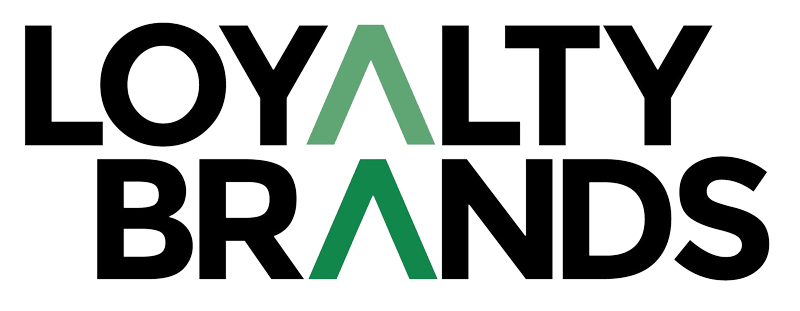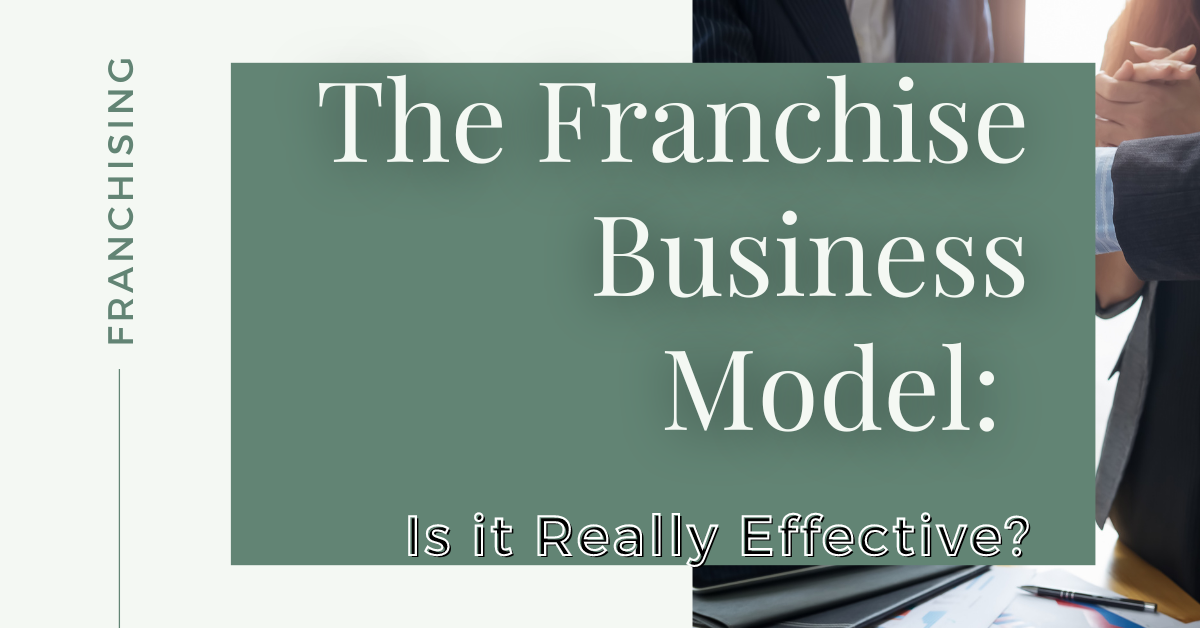Franchising is a popular business model that has been around for decades. In this model, a franchisor provides a license to use its brand, products, services, and operating systems to a franchisee. The franchisee, in turn, operates a business that is a replica of the franchisor’s original business.
Franchising has become increasingly popular due to its perceived benefits, such as access to an established brand, a proven business model, training and support, and marketing and advertising support. But is franchising truly effective for the franchisee? In this article, we’ll take a closer look at the advantages and disadvantages of the franchise business model, and examine the factors that contribute to its success.
Advantages of the Franchise Business Model
Franchising provides many benefits to the franchisee, including:
Access to an established brand and reputation
One of the biggest advantages of franchising is the ability to leverage the reputation and brand recognition of the franchisor. Franchisees benefit from the franchisor’s marketing efforts, which can help them establish a strong customer base more quickly than they could on their own.
Proven business model
Franchisees benefit from the franchisor’s experience in operating a successful business. The franchisor provides the franchisee with a proven business model, complete with established procedures and systems, which helps the franchisee avoid many of the pitfalls associated with starting a business from scratch.
Training and support
Franchisors provide comprehensive training and support to their franchisees, which can include everything from product knowledge and sales techniques to operational procedures and marketing strategies. This helps the franchisee get up and running quickly and increases their chances of success.
Marketing and advertising support
Franchisors often provide marketing and advertising support to their franchisees, which can be especially beneficial for small businesses that lack the resources to invest in marketing. This can help the franchisee build brand awareness and attract customers more effectively.
Access to resources and economies of scale
Franchisees benefit from the franchisor’s access to resources and economies of scale. For example, the franchisor may be able to negotiate better deals with suppliers, which can result in lower costs for the franchisee. This, in turn, can help the franchisee increase their profitability.
Disadvantages of the Franchise Business Model
While franchising provides many benefits, it also has its fair share of disadvantages, including:
Initial investment cost
One of the biggest disadvantages of franchising is the high cost of entry. Franchisees must pay an initial franchise fee, as well as ongoing royalty fees, which can be substantial. This can make it difficult for some franchisees to get their business up and running, especially if they don’t have a lot of capital to invest.
Limited independence
Franchisees must adhere to the franchisor’s established procedures and systems, which can limit their independence and creativity. This can be a disadvantage for those who want to run their business their own way and make their own decisions.
Royalty fees
Franchisees must pay ongoing royalty fees to the franchisor, which can be a substantial burden. This can make it difficult for franchisees to turn a profit, especially if they’re not generating enough revenue to cover their costs.
Limited control over products and services
Franchisees have limited control over the products and services they offer, as they must adhere to the franchisor’s established offerings. This can limit their ability to adapt to changes in the marketplace and offer unique products and services that could set them apart from their competitors.
Dependence on franchisor
Franchisees are dependent on the franchisor for ongoing support, training, and resources. If the franchisor goes out of business or discontinues its support, the franchisee could be left in a difficult position.
Effectiveness of the Franchise Business Model
So, is the franchise business model effective for franchisees? The answer is, it depends. While franchising provides many benefits, its success is largely determined by a number of factors, including:
Comparison with starting a business from scratch
Starting a business from scratch can be risky and challenging. While franchisees face some of the same challenges as independent business owners, they also benefit from the franchisor’s support and resources. This can increase their chances of success.
Success rates of franchise businesses
The success rates of franchise businesses vary depending on the franchisor and the industry in which they operate. Some franchisors have high success rates, while others have lower success rates. It’s important for prospective franchisees to research the success rates of different franchisors before making a decision.
Case studies of successful franchise businesses
There are many examples of successful franchise businesses, such as Subway, 7-Eleven, and McDonald’s. These businesses have leveraged the franchisor’s resources and support to become industry leaders.
Factors that contribute to the success of franchise businesses
The success of franchise businesses is largely determined by a number of factors, including the franchisor’s experience and support, the franchisee’s ability to execute the business model, and market conditions.
My Final Thoughts about this
The franchise business model can be effective for franchisees, but it’s important to carefully consider the advantages and disadvantages and to do your due diligence before making a decision. Prospective franchisees should research different franchisors, their success rates, and the factors that contribute to their success, to ensure that they make an informed decision.
The franchise business model has the potential to be highly effective for franchisees who have the drive, determination, and resources to make it work. With the right franchisor, a proven business model, and a solid understanding of the market, franchisees can achieve their entrepreneurial dreams and build successful businesses.

